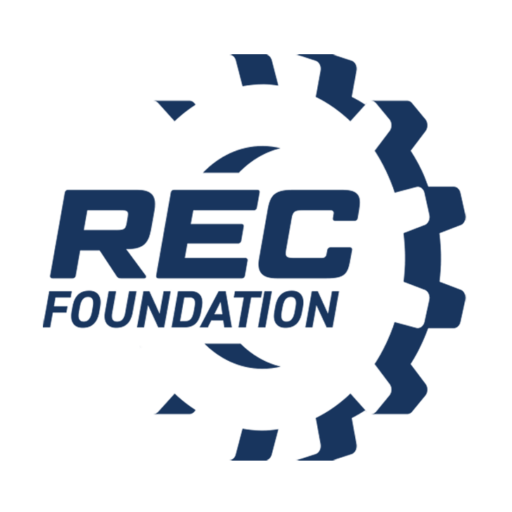Working with our partners at the American Indian Science and Engineering Society, the REC Foundation celebrates Native American Heritage Month by highlighting indigenous people in various domains of science, technology, engineering, and mathematics (STEM). We want to share individual stories to inspire you and your teams. We are so humbled to be a part of a diverse STEM community, and continue to work to make STEM accessible and inclusive to everyone.
Lee Johnson, Jr.
Tribal Affiliation: Navajo
Industry: Cyber Security
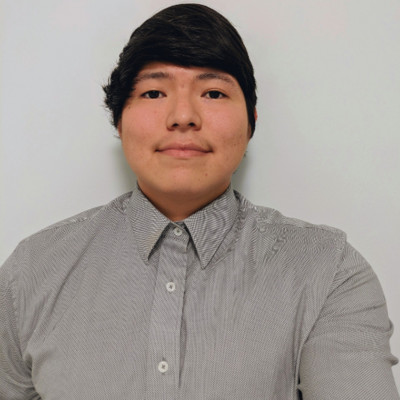
“Don't be afraid to apply to any position, even if you feel you don't meet all the requirements. If I've learned anything from my past internships, it's that with any new tool or skill I needed to learn, I always had team members and managers willing to assist me with any problems or challenges I faced.”
How did you become interested in cyber security?
I became interested in Cyber Security after taking my first IT security course in college and learning how to defend and attack web applications and computer networks. The industry is constantly evolving and continuous learning is a passion of mine.
Who were your mentors?
Early on my mentors were my College IT department supervisors. I would regularly volunteer my time there to learn how their department worked and what tools and skills I would need to become an IT professional. After accepting my first internship, I would always ask my managers if they would also mentor me throughout the internship. I still keep in touch with every one of them. At my current position at Mulesoft I have two mentors - my direct product security lead and another member of the Mulesoft team. We meet bi-weekly and monthly to discuss my career goals and their experiences in the industry.
What words of wisdom do you have for students?
Don't be afraid to apply to any position, even if you feel you don't meet all the requirements. If I've learned anything from my past internships, it's that with any new tool or skill I needed to learn, I always had team members and managers willing to assist me with any problems or challenges I faced.
Mariah Gladstone
Tribal Affiliation: Blackfeet, Cherokee
Industry: Environmental Science/Ecology
"Get comfortable being uncomfortable. Don't choose between your hobbies but instead, find ways that they intersect. Always be willing to learn new skills or even old skills in new ways."
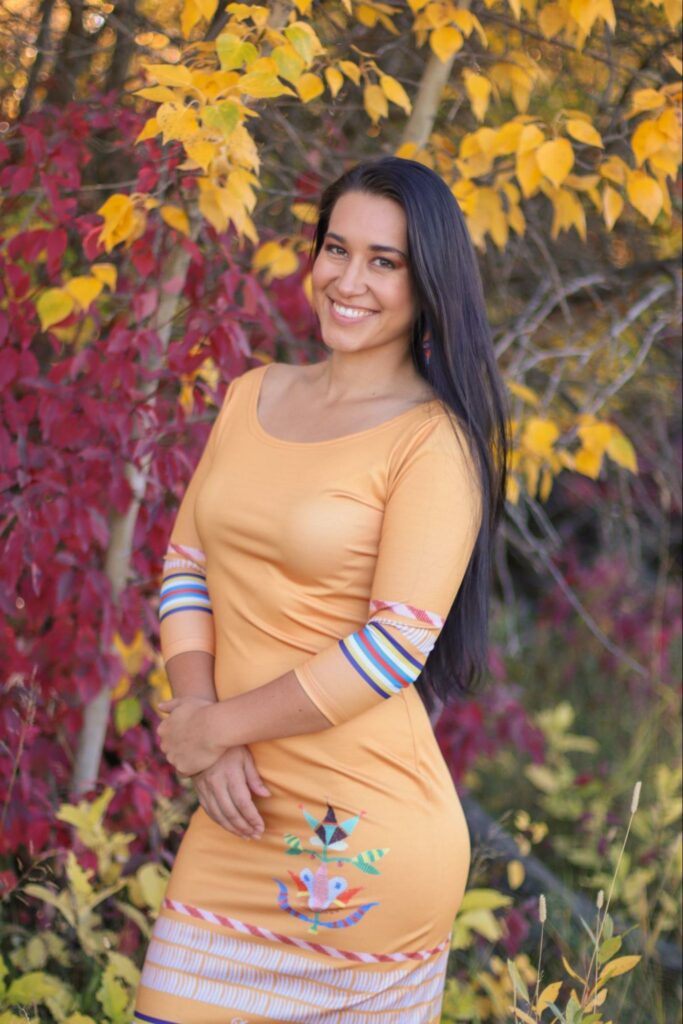
How did you become interested in your career field?
I initially thought that I wanted to work in environmental engineering, which is what I studied in undergrad. However, when I moved back home after college, I realized that there was an urgent need to build food sovereignty in my community. Reconnecting with our traditional foods is essential to both our own mind and body health but also to the health of the land.
I started an online cooking show called Indigikitchen to reteach this information using digital media. I was fortunate to have an opportunity to return to school through the Sloan Indigenous Graduate Partnership where I studied Environmental Science and was able to blend food systems work with Indigenous ecology.
Who were your mentors?
Robin Kimmerer (Citizen Band Potawatomi) for her ecological wisdom, Valerie Segrest (Muckleshoot) for her nutritional brilliance, Janie Hipp (Chickasaw) for her sovereignty advocacy and youth involvement.
What advice would you give to students?
Get comfortable being uncomfortable. Don't choose between your hobbies but instead, find ways that they intersect. Always be willing to learn new skills or even old skills in new ways.
Aaron Yazzie
Tribal Affiliation: Diné (Navajo)
Industry: Mechanical Engineering
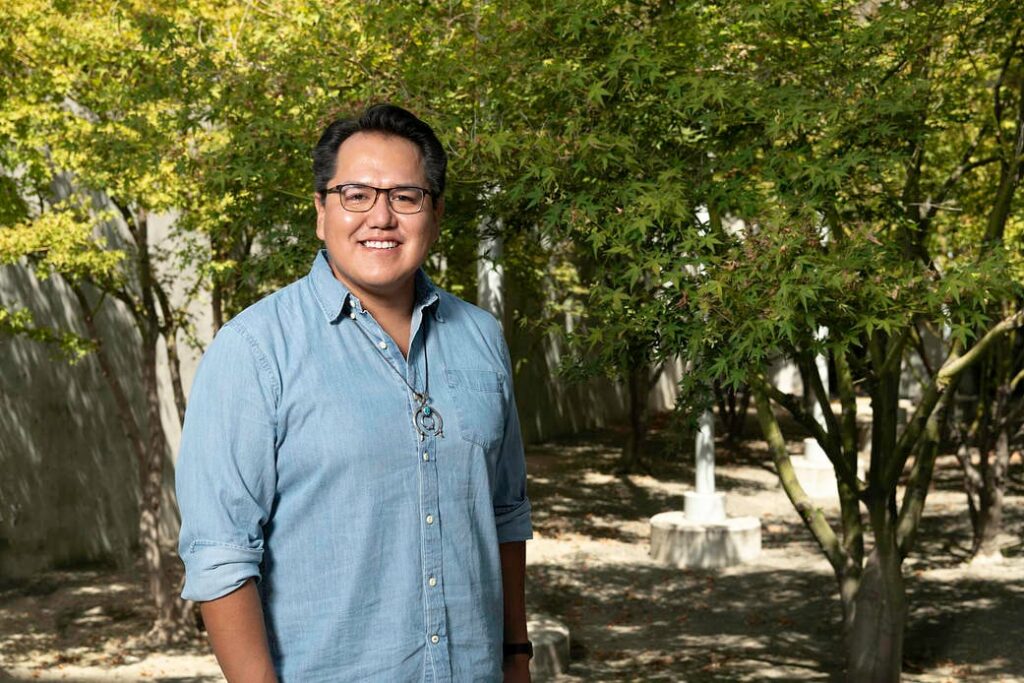
"Don't limit your dreams to what you see in front of you. Dream big, work hard, and as you jump from one opportunity to the next, you'll reveal your own abilities and your full potential."
How did you become interested in STEM?
I always enjoyed being creative, and building things, even as a kid. I loved to jump into projects, building toy airplanes, towers, and parachutes out of things I could find around the house. I also grew up helping my dad and mom around the house, in our rural homeland. In addition to doing yard and household chores, my brothers and I helped build fences, sheds, porches, and even the foundation for our own house. I think this hands-on work with my parents helped to develop me into a design thinker, a practical planner, and a creative doer.
Who were your mentors?
My parents were my first mentors and role models. Both of them were the first in their traditional Navajo families to pursue higher education, and both ended up in a STEM field. Navajo was their first language, and they didn't learn English until elementary school. My mother became a high school math educator, and my father a civil engineer. They always made me believe that college was going to be part of my educational path. Because of them, I always set my goals high, and challenged myself to make them happen.
What advice would you give to students?
Dream bigger! I spent so much of my time as a student and young engineer not thinking that I could achieve as much as I have. If you asked me when I was a young boy in my small hometown if my dream was to be a NASA engineer, I would have said "no". I never understood that this kind of career, this kind of dream, was open to me too. Don't limit your dreams to what you see in front of you. Dream big, work hard, and as you jump from one opportunity to the next, you'll reveal your own abilities and your full potential.
Anything else you'd like to share?
I am currently working on NASA's efforts to determine if Mars ever once hosted life. I was the lead engineer for creating and delivering drill bits for the Perseverance Rover, which landed on Mars in 2021. Perseverance will use these drill bits to grab rock core samples from an ancient lake-bed on Mars, so that we can save those samples in tubes, and eventually pick up and bring back to Earth its next Mars missions.
I am now working on the Mars Sample Return Campaign to send two more robotic missions to Mars to grab those sample tubes, and bring them back to Earth. We will study those rock samples here on Earth, and hopefully determine if Mars ever once hosted microbial life! I am so proud to be well ingrained in this NASA effort, contributing to efforts on the forefront of our scientific knowledge.
Cheryl Reuss
Tribal Affiliation: Navajo
Industry: Technology/Photography
"Keep learning. Never stop expanding your knowledge. In technology, things are changing at the speed of light, and staying relevant will keep you one step ahead."

How did you become interested your career field?
Honestly, I kind of fell into my career. When I finished my Post Bac for Secondary Ed, I was really hoping to teach High School business, instead I was matched with a middle school computer teacher, and ended up teaching K-8 Computers for 8 of the 10 years of my career. It was a blast! When I went back to school for my MBA, I worked as a Business Analyst for a few years, and like a magnet was drawn back to technology, helping to integrate a new system for the company where I worked. Most recently, I have been working as a Systems Administrator. In my spare time, I photograph wildlife and nature. I love the logic that you need to follow to understand technology and photography.
Who were your mentors?
My first real mentor was the U.S. Marine Corps. I learned that if I applied myself and worked hard, I could accomplish my goals. Next would be Sandee Holiday, a computer teacher at Royal Palm Middle School. She was my student teaching mentor, and then my colleague. She showed me I knew a lot more than I thought I did and she gave me the confidence I needed to be successful in the classroom. I have also looked to my colleagues as mentors - whether they were right or wrong, I learned from them.
What advice would you give to students?
While I was growing up, I didn’t see many people of my color in the career fields I was interested in. These days, there are so many avenues to explore in technology...math, science, and engineering. Don’t be afraid to try different avenues to find what makes you happy. Also, if you fail, don’t let that be the end: get up, try again. It is probably cliche to say, however we learn from our failures. Lastly, always ask the question why, and then ask why again. Don’t get stuck with the response, that’s how it’s always been done, because you may know a better way.
Mary Jo Ondrechen
Tribal Affiliation: Mohawk
Industry: Chemistry
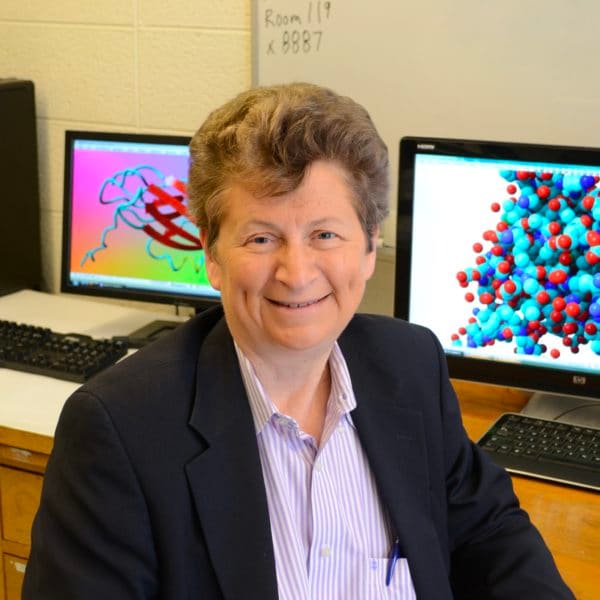
"Keep hold of your Native traditions and culture."
How did you become interested your career field?
As a child, my parents taught me about nature. I also had an excellent high school chemistry teacher, Mrs. Prine.
Who were your mentors?
My parents and elders, my PhD advisor, and some colleagues still today.
What advice would you give to students?
Find mentors - ask them if they would be your mentor.
